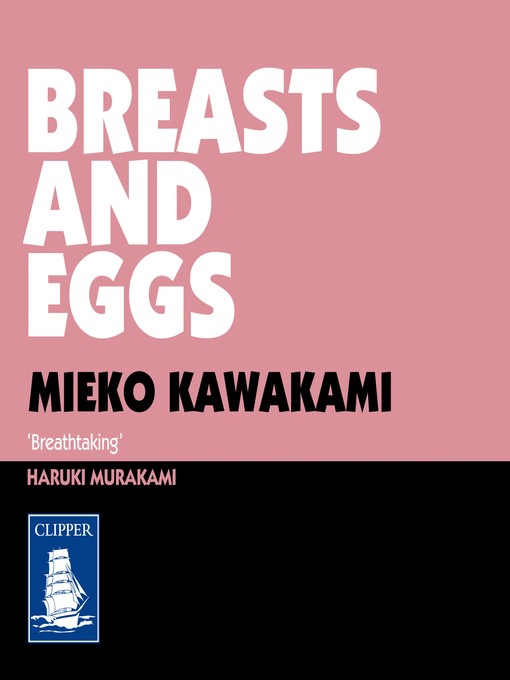
Breasts and Eggs
- اطلاعات
- نقد و بررسی
- دیدگاه کاربران
نقد و بررسی

Narrator Emily Woo Zeller's performance starts stoically but keeps listeners engaged as this novel progresses to a gently powerful conclusion. Zeller portrays Natsu, a woman seeking her purpose, including whether to have children. Her sister, Makiko, plans to get breast implants. Jeena Yi, delivering the voice of Makiko's daughter, Midoriko, perfectly captures the spirit of a recalcitrant girl who journals about her experiences of growing into adolescence. Kawakai's audiobook begins as a blog; passages feel like anecdotes of observant humor. Many of the story's details are specific to life in Japan, yet the themes of womanhood are universal. Zeller's performance is key as she keeps the listener grounded throughout Natsu's journey. S.P.C. � AudioFile 2020, Portland, Maine

April 6, 2020
In Kawakami’s stirring if uneven tale (after Ms. Ice Sandwich), a struggling writer receives a visit in Tokyo from her sister and niece. When Makiko and her 12-year-old daughter, Midoriko arrive from Osaka, it is not quite the family weekend Natsu envisioned—Midoriko has refused to speak to her mother for over six months, and Makiko’s ulterior motive for the Tokyo trip is to get her breasts surgically enhanced. Interspersed with Midoriko’s heartbreaking journal entries about her increasing awareness of her body as well as how her single, bar hostess mother sets her apart from her classmates, the first half of Kawakami’s narrative is bracing and evocative, tender yet unflinching in depicting the relationship between the sisters and between mother and daughter. Unfortunately, the second half, set 10 years later, falters. While Natsu, now 40, has found some success as a writer, she’s once again stalled in her career. Natsu would like a child, but is not interested in intimacy. This leaves her with little hope, especially after a group of people who were conceived with the help of sperm donors talk her out of the option. Though Natsu remains an empathetic character, the second part of the book feels overlong and chatty. Kawakami’s talent is obvious, though readers may want to stop after Book One, while they’re ahead.




دیدگاه کاربران